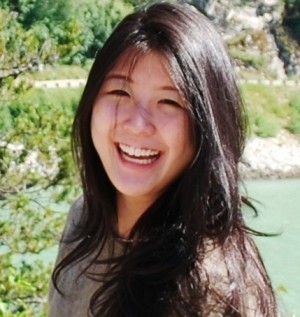Learning to be a global citizen
What does it mean to be a global citizen?
At a highly diverse, international school such as Lawrence Woodmere Academy (LWA), the question elicits dozens of answers. One student suggests being understanding and respectful of other cultures. Yet another indicates the need for communication.
However, what few touch upon is addressing global issues.
Earlier this month, a group of Upper School students from LWA had the opportunity to travel into the heart of Manhattan for a global summit workshop with the Global Concerns Classroom program. The workshop focused on international humanitarian needs, addressing the issues of health, policy, and education. In honor of Women’s History Month, the theme was women’s rights.
With a stated agenda of improving women’s status in society, students were split into groups representing 10 different countries including Afghanistan, the Democratic Republic of the Congo, Liberia and Bangladesh. Each group was given $3 million, and the search for a sustainable plan was on.
The students were given many resources. Stacks of thick packets were distributed with information on topics such as the economy, hygiene, and literacy rates of the respective countries. Experts on subjects such as education or nutrition helped focus their proposals on concrete plans.
Elaine Lee and her group represented the country of Bangladesh. After pouring through the packets and researching online for more information, she and her group realized that a primary problem in their country was the large number of young mothers. The group worked through lunch devising a two-step plan targeting education: the creation of teacher training schools, and better daycare centers to take care of the children. The daycare centers would allow the mothers to attend school while employing many others. Meanwhile, the schools would be separated into three departments: a Nursing department primarily for women, a Sciences and Mathematics department open to both genders, and an Agricultural department aimed specifically at addressing the issue of frequent flooding.
The groups created presentations with their proposals and answered follow-up questions from a panel comprising experts from Global Concerns and teachers from the attending schools.
Upper School History teacher Brian McNulty was clearly impressed. The level of detail and planning that went into the proposals was evident, and the professional presentation (as well the students’ ability to facilitate a discussion afterwards) was extraordinary. For their efforts, the Bangladesh group was recognized as having the best proposal.
Much more appreciated than the prize, however, was the better understanding of life in developing nations the students gained with the experience. At Hessel Hall the following Monday, the participants shared what they had learned with their Upper School peers. Quiet murmurs of disbelief and dismay could be heard as average life expectancies and infant mortality rates were recited.
Despite the reaction, McNulty suggests that such an experience is absolutely conducive to the notion of youth empowerment within a global community. “These facts can encourage students to take action, and get involved in the fight against problems such as poverty,” he said. “We’re planting the seeds to make a difference.”

 47.0°,
Fair
47.0°,
Fair 




